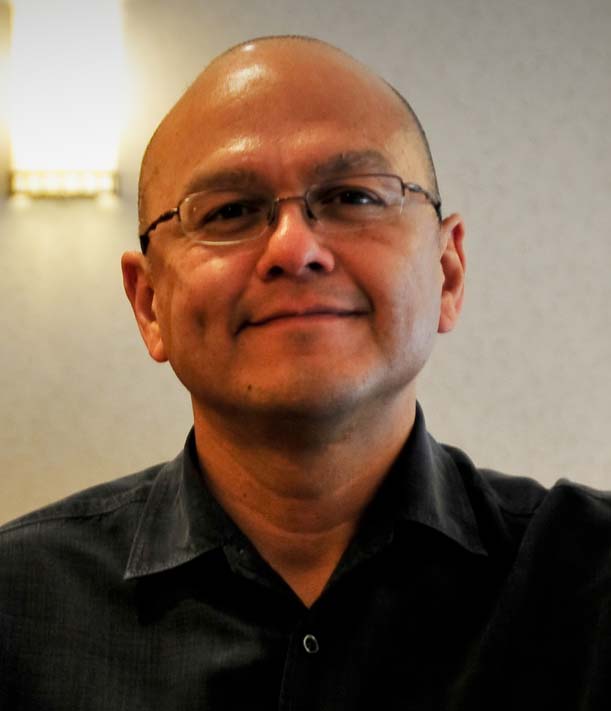Based on research and experience, here are the five most important responsibilities of Chief and Council.
Responsibility # 1: Set Concrete Goals
An unfocused Council makes bad and costly decisions. So get and stay focused on your mandate.
To get focused, new Councils must develop clear, specific goals.
There are 3-4 things critical things that must be accomplished in your mandate. What are they? Focus on a plan of action for addressing those goals.
Council should develop this plan with input from its senior management. Your plan should outline what will be accomplished during a specific time frame (i.e. your mandate).
Often, your senior manager is responsible for executing your plan. Make sure that you have the right people who can execute your plan.
Responsibility # 2: Organize Yourselves
Some Councils are made up of all volunteers. Others Councils are made up of paid staff positions. Some have its Chief as the only paid Council position.
In addition, many Councils use a portfolio system. Portfolios are a mixed bag; they can work if portfolio members are equipped to doing their jobs.
All of these approaches are examples of how Council can organize itself.
Each approach has its strengths and weaknesses. Regardless of the approach used, your community should get “good value” for Council costs.
Bottom line, structure Council so that resources are being effectively used. One way is to develop clear, detailed policy for all Council activities in a Leadership Policy Manual. This differs from your Elections Code.
An Elections Code outlines how you will select your leadership. A Leadership Manual outlines how your elected leadership will govern.
Responsibility # 3: Hire Excellent Managers
Good planning and organizing can go only so far. Ultimately, you will also need good people to execute your plans.
Hiring the “right” people may be the most important decision a Council makes. Indeed, you cannot afford “second best employees” for key positions.
Top-notch employees cost more. Pay them; they will be worth it in the long run.
Responsibility # 4: Hold Productive Meetings
One of the most common errors that Councils make is that they hold long, unproductive Council meetings.
Common roles for some Council members include: the endless talker, the complainer, the bully and the emotional wreck.
Well-structured Council meetings absolutely require a strong but respectful Chairperson. Also you should have a structured approach to agenda development and decision making.
In short, make an agenda, have participatory input into the discussions, decide on an action, then make a clear decision.
Responsibility # 5: Assess Your Performance
Finally, Council should objectively evaluate its own performance. Often these evaluations are done during retreats or similar type meetings.
Other evaluations are more comprehensive. Like the retreats, organizational reviews may require the assistance of outside support.
Council self- assessments provide the opportunity to refocus and correct anything that needs fixing.
Summary
Undoubtedly, Councils do more than the five things mentioned in this article. However, these five are critical. If you do them well, you’re doing better than most.
Andrew Leach is from the St’at’imc Nation (Lillooet, BC), has a Masters degree in Business Administration (MBA) and operates a successful management consulting business. For other articles, email [email protected] or call 604-868-4004.




Be the first to comment on "Andrew Leach: Responsibilities of Chief and Council – Part 2"